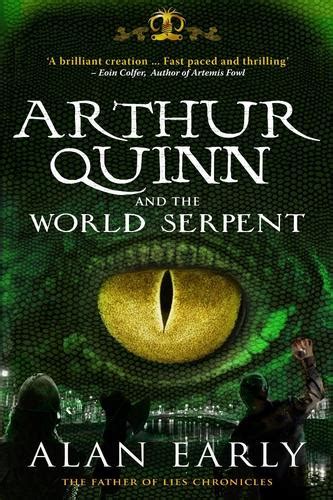A Quote by Robert Gottlieb
There are certain historical figures of such importance that we need to know everything about them, which is why books about Napoleon, Lincoln, Julius Caesar, Joan of Arc, Queen Elizabeth I, and the great religious founders continue to proliferate; these lives require constant reevaluation and interpretation.
Related Quotes
All knowledge that is about human society, and not about the natural world, is historical knowledge, and therefore rests upon judgment and interpretation. This is not to say that facts or data are nonexistent, but that facts get their importance from what is made of them in interpretation… for interpretations depend very much on who the interpreter is, who he or she is addressing, what his or her purpose is, at what historical moment the interpretation takes place.
Epilepsy is a disease in the shadows. Patients are often reluctant to admit their condition - even to close family, friends or co-workers - because there's still a great deal of stigma and mystery surrounding the disease that plagued such historical figures as Julius Caesar, Edgar Allan Poe and Lewis Carroll.
Christians aren't making a religious claim when they say Jesus rose from the grave. They're making a historical one; they're saying that this thing happened just as surely and really as it happened that Julius Caesar became emperor of Rome. It's the kind of claim that can be thought about and investigated; it can be judged.
I discovered [Joan of Arc] toward the age of ten or twelve, when I went to France. I don't remember where I read about her, but I recall that she immediately took on a definite importance for me. I wanted to sacrifice my life for my country. It seems like foolishness and yet...what happens when we're children is engraved forever on our lives.
I don't like realism. We already know the real facts about li[fe], most of the basic facts. I'm not interested in repeating what we already know. We know about sex, about violence, about murder, about war. All these things, by the time we're 18, we're up to here. From there on we need interpreters. We need poets. We need philosophers. We need theologians, who take the same basic facts and work with them and help us make do with those facts. Facts alone are not enough. It's interpretation.
The omission of an expected conjunction is called an asyndeton. Caesar is supposed to have said about Gaul: I came, I saw, I conquered. Lincoln concluded the Gettysburg Address, That government of the people, by the people, for the people, shall not perish from the earth.Caesar seems to have omitted his conjunction to speed things up; he is emphasizing how quickly the conquest of a place follows from its being sighted by a great and ambitious general. Lincoln's omission is more subtle
I have written 5 books that address major figures in our culture: books on Malcolm X, Martin Luther King Jr., Tupac Shakur, Marvin Gaye and Bill Cosby. But even in the books that take up major figures, I hope to provoke conversation, insight and understanding about these personalities by providing new, fresh and vital information and analysis about them.





































